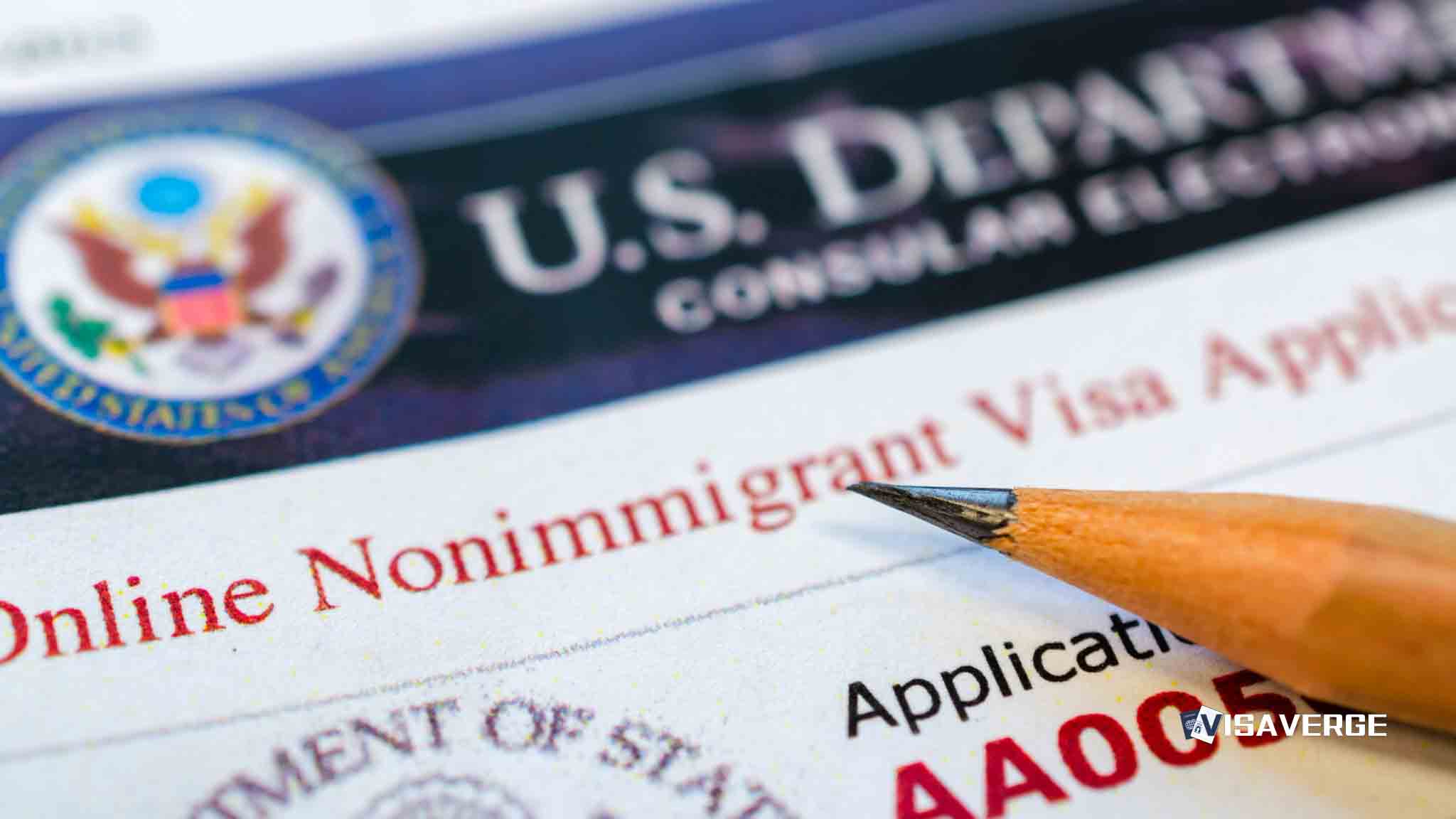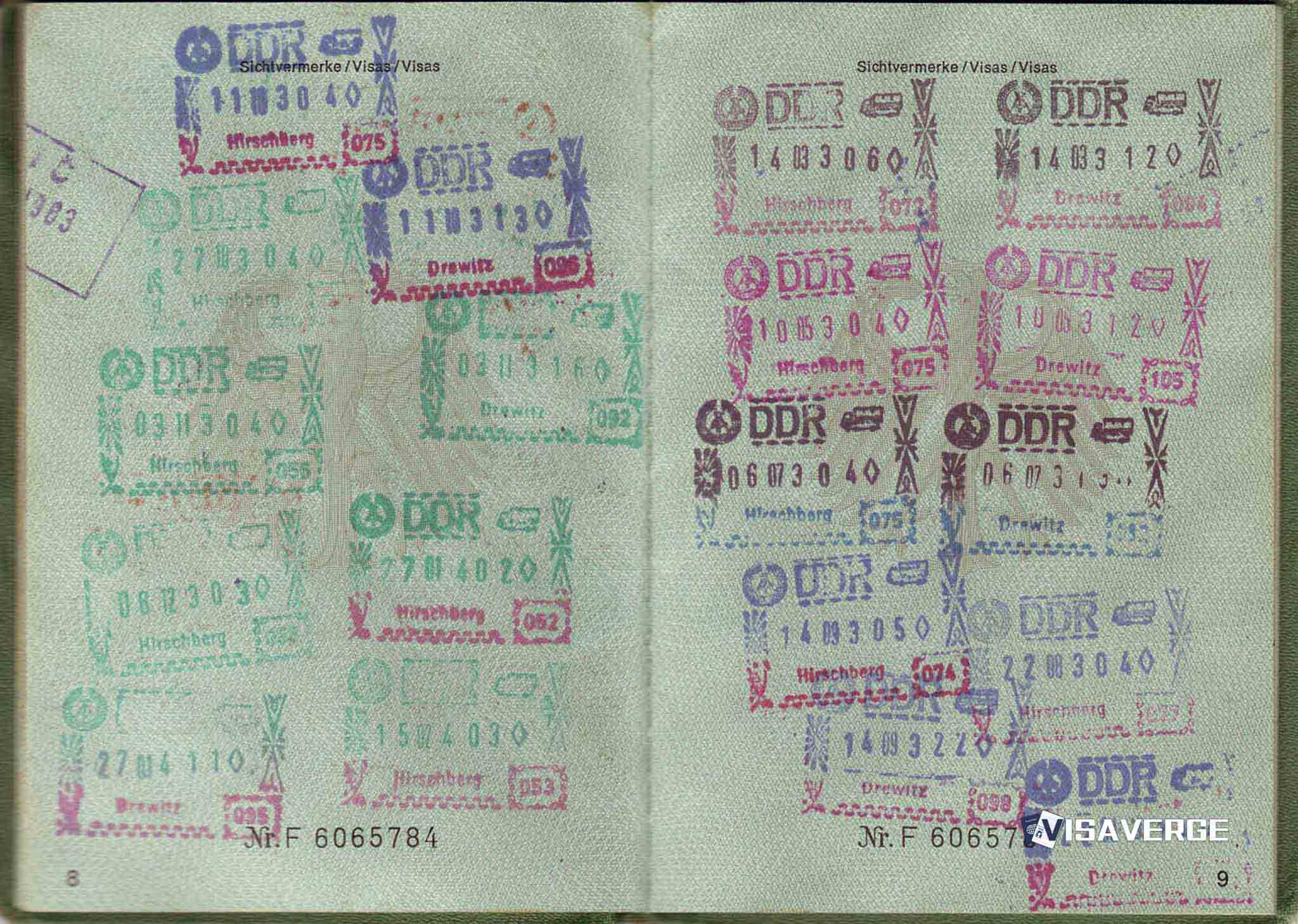Navigating I-140 Sponsorship: Employer Immigration Support
When you’re aiming for employment-based permanent residency in the United States, the I-140 form is your ticket forward. But what happens when your employer, eager to sponsor you, is unfamiliar with the immigration process? Don’t fret—there’s a pathway to success with the right steps and support.
Employer’s Role in the Immigration Assistance Process
The I-140, officially known as the Immigrant Petition for Alien Workers, is the document your employer must file on your behalf to start your journey towards a green card. Employer immigration support is crucial here. But when your employer is a novice in immigration procedures, their lack of experience can be daunting. Here’s what you can do:
Educate Your Employer
Knowledge is power. Direct your employer to official resources provided by United States Citizenship and Immigration Services (USCIS) where they can learn about the requirements and process for filing an I-140. The USCIS website is a vault of valuable, authoritative information that can demystify the procedure for your employer.
Seek Professional Immigration Process Assistance

While USCIS provides lots of information, the nuances of immigration law can be complex. In cases where employer experience is limited, hiring an immigration attorney is often the wisest choice. These professionals offer comprehensive immigration process assistance, ensuring that your I-140 sponsorship follows all legal requirements meticulously.
Legal counsel can help your employer understand:
- Eligibility and qualifications for different employment-based visa categories
- The timeline and costs associated with the process
- Potential legal considerations and how to prepare for them
- The documentation required to support your I-140 petition
Consistent Communication
Clear and regular communication with your employer is key. Keep them informed of what’s needed and when, and always be available to answer any questions they might have. Patience is important, as the learning curve can be steep.
Preparing for I-140 Filing
Once your employer is ready to proceed with the I-140 sponsorship, several steps should be completed with due diligence:
- Confirm your eligibility and category for employment-based immigration.
- Gather personal and professional documentation to support the I-140 petition.
- Complete all required forms accurately and submit them with the correct fees.
Remember, errors or omissions in the paperwork can lead to delays or even denials, so attention to detail is essential.
Continuous Updates and Follow-ups
After filing, keep track of your application’s status online through the USCIS Case Status tool. Follow up with USCIS if there are significant delays or if additional information is requested.
Final Thoughts on Sponsoring an Employee’s I-140
An I-140 is not just a form—it’s a stepping stone towards a shared future for both employee and employer. By taking a proactive approach and leveraging professional help, your employer can confidently navigate the sponsorship process.
For both parties, it’s an investment in a relationship and the promise of growth that lies ahead. With preparation, professional support, and partnership, that initial concern about inexperience in immigration sponsorship can turn into a successful collaboration and, ultimately, the achievement of your permanent residency goals.
So there you have it, folks! Navigating I-140 sponsorship doesn’t have to be a wild ride. Just educate your employer, seek professional help, communicate clearly, and dot your i’s and cross your t’s. Remember, this is a team effort that can lead to a bright future. For more helpful tips and insights on visa-related adventures, check out visaverge.com. Happy exploring!
FAQ’s to know:
FAQ 1: What is the role of an employer in the I-140 immigration assistance process?
Answer: The employer plays a crucial role in the I-140 immigration assistance process. They need to file the Immigrant Petition for Alien Workers (I-140) form on behalf of the employee. To navigate the process successfully, employers should educate themselves about the requirements and procedures by referring to official resources provided by the United States Citizenship and Immigration Services (USCIS). Seeking professional immigration process assistance, such as hiring an immigration attorney, is also recommended to ensure compliance with all legal requirements.
FAQ 2: How can I prepare for the I-140 filing process?
Answer: To prepare for the I-140 filing process, there are several important steps to follow:
- Confirm your eligibility and category for employment-based immigration.
- Gather all the necessary personal and professional documentation to support the I-140 petition.
- Complete all required forms accurately and submit them with the correct fees.
Attention to detail is crucial during this process, as errors or omissions in the paperwork can lead to delays or denials.
FAQ 3: How can I stay updated on the status of my I-140 application?
Answer: To stay updated on the status of your I-140 application, you can utilize the USCIS Case Status tool available online. This tool allows you to check the progress of your application. If you experience significant delays or receive a request for additional information, it is important to follow up with USCIS accordingly to ensure a smooth process.
What did you learn? Answer below to know:
- True/False: Is it important for an employer to have knowledge about the requirements and process for filing an I-140?
- What are some benefits of seeking professional immigration process assistance for I-140 sponsorship? (Choose all that apply)
a) Understanding eligibility and qualifications for visa categories
b) Minimizing the timeline and costs associated with the process
c) Managing potential legal considerations and preparing for them
d) Filling out and submitting your personal and professional documentation accurately - Why is clear and regular communication with your employer important during the I-140 sponsorship process?








